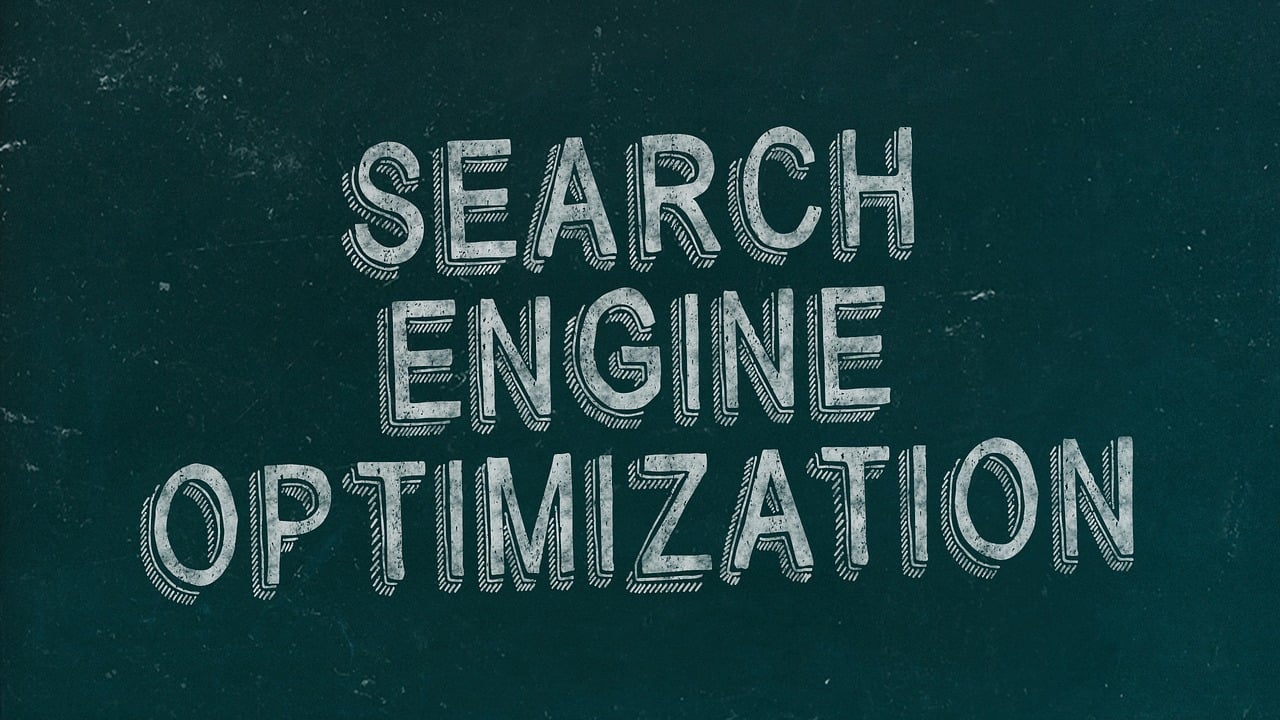
On-page seo refers to the optimization techniques applied to a website’s content and HTML source code to increase its visibility on search engine result pages (SERPs). It is an essential aspect of search engine optimization and plays a crucial role in improving a website’s organic rankings. In this beginner’s guide, we will explore the definition of on-page seo and delve into its best practices. By the end of this article, you will have a solid understanding of how to implement on-page seo on your website.
Before we dive into the best practices of on-page seo, let’s first understand what it entails. On-page seo focuses on optimizing individual web pages to rank higher and drive organic traffic. It involves optimizing various factors that affect a webpage’s visibility to search engines.
One crucial aspect of on-page seo is keyword optimization. Conduct thorough keyword research to identify relevant and high-traffic keywords that align with your website’s content. Use these keywords strategically in the title tag, meta description, headers, and throughout the content, but avoid keyword stuffing.
The title tag holds significant importance in on-page seo. It appears as the clickable headline in search engine results. Create a unique and compelling title tag that accurately represents the content of the webpage while incorporating the chosen keywords. Keep it under 60 characters to prevent truncation in SERPs.
Meta descriptions, although not a direct ranking factor, play a crucial role in enticing users to click on your webpage. Craft a concise and captivating meta description that includes relevant keywords and provides a clear summary of the page’s content. Limit the meta description to 160 characters to ensure it appears fully in SERPs.
Headers, including H1, H2, H3, etc., organize the content hierarchically and make it more readable for both users and search engines. The H1 header carries the most weight and should include the primary keyword. Subheadings (H2, H3, etc.) can be used to break down the content further and incorporate relevant keywords to optimize for different search queries.
Proper URL structure is another important on-page seo factor. Make sure your URLs are concise, descriptive, and include the focus keyword. A clean URL structure helps search engines understand the webpage’s content and improves user experience.
When it comes to on-page seo, content is king. Create valuable, informative, and engaging content that satisfies the user’s search intent. Incorporate the chosen keywords naturally into the content, but be mindful of maintaining readability and avoiding keyword stuffing.
On-page seo also involves optimizing the images on your website. Compress images to reduce their file size and improve page load speed. Use descriptive filenames and alt tags that include relevant keywords to help search engines understand the image’s content.
Internal linking is a powerful on-page seo technique that helps search engines discover and navigate your website’s pages. Link relevant pages together using anchor texts that include relevant keywords. However, ensure that the internal links appear natural and provide value to the user.
Page load speed greatly affects user experience and search engine rankings. Optimize your website’s performance by minifying CSS and JavaScript files, enabling browser caching, and using a content delivery network (CDN). Regularly monitor and optimize the page load speed to enhance your website’s on-page seo.
Now, let’s address some frequently asked questions about on-page seo:
Q: How long does it take to see results from on-page seo?
A: The timeline for seeing results from on-page seo can vary depending on various factors, such as the competitiveness of the keywords, the quality of your website’s content, and the frequency of search engine crawls. Generally, it may take a few weeks to a few months to see significant improvements in organic rankings.
Q: Is on-page seo more important than off-page seo?
A: Both on-page and off-page seo are crucial for a well-rounded optimization strategy. On-page seo lays the foundation for search engines to understand and rank your website’s content, while off-page seo focuses on building backlinks and external signals that enhance your website’s authority and credibility.
Q: Should I optimize every page on my website?
A: While it’s ideal to optimize every page on your website for maximum impact, prioritize optimizing your most important pages first, such as landing pages, product pages, and cornerstone content. Start with pages that have high traffic potential or pages that embody your website’s primary objectives.
In conclusion, on-page seo is a crucial aspect of search engine optimization that focuses on optimizing individual web pages to increase visibility and organic rankings. By implementing the best practices discussed in this beginner’s guide, you can enhance your website’s on-page seo and improve its chances of ranking higher in search engine results.





